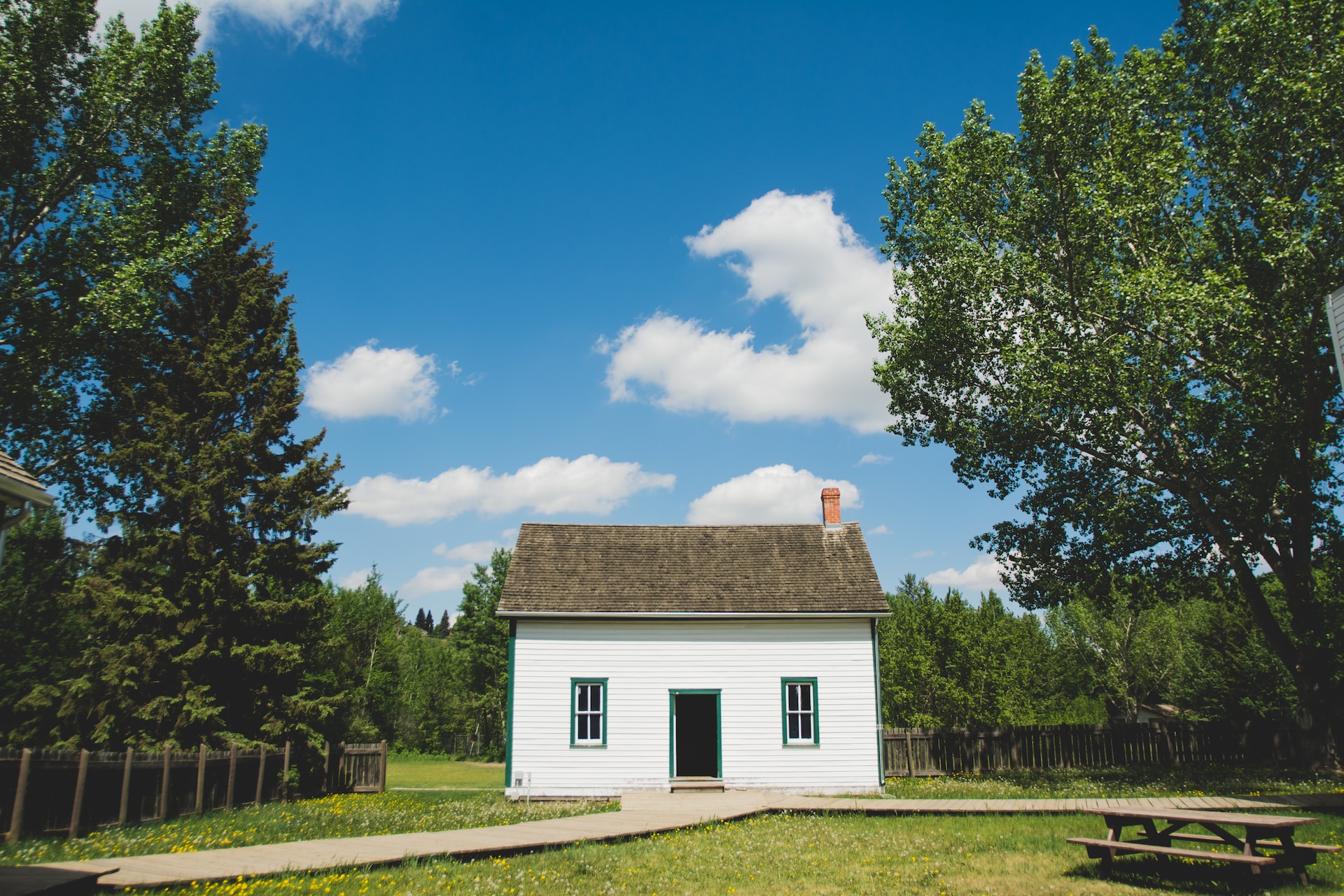Buying a house is a significant decision, and one of the considerations is whether to purchase an older house. Older homes possess a unique charm and character that can be enticing to buyers. However, they also come with their own set of advantages and disadvantages. In this blog post, we will explore the pros and cons of buying an older house. By understanding both sides of the coin, you can make an informed choice that aligns with your preferences and priorities.
The Pros of Buying an Older House:
1) Architectural Character and Craftsmanship
Older houses often showcase exquisite architectural details and craftsmanship that can’t be replicated in modern constructions. From intricate moldings to hand-carved woodwork, these unique features add a sense of character, elegance, and historical value to the property.
2) Established Neighborhoods and Mature Landscaping
Older homes are typically located in well-established neighborhoods with mature trees, landscaping, and a strong sense of community. These areas often offer a vibrant neighborhood ambiance, amenities, and a close-knit community that has stood the test of time.
3) Potential Cost Savings
In some cases, older houses may be more affordable compared to newer homes in the same area. This can provide cost savings for buyers looking to enter the market or invest in renovations. The potential to customize and update an older house to suit your preferences is an appealing advantage.
The Cons of Buying an Older House:
1) Maintenance and Repair Costs
Older houses generally require more maintenance and repairs compared to newer homes. Aging components such as electrical systems, plumbing, roofing, and HVAC systems may need attention or replacement. It’s important to factor in these potential costs when considering an older house.
2) Outdated Features and Layout
Older houses may have outdated features, layouts, or smaller room sizes that may not align with modern preferences for open floor plans and spacious living areas. Renovations or remodeling may be necessary to meet your lifestyle needs and design preferences.
3) Energy Efficiency Challenges
Older houses typically have lower energy efficiency compared to newer constructions. Inadequate insulation, outdated windows, and less energy-efficient appliances can result in higher energy bills. However, many energy-saving upgrades can be made to improve the overall efficiency of the house.
In conclusion, buying an older house comes with both advantages and disadvantages. By considering the architectural character, established neighborhoods, potential cost savings, as well as the maintenance, renovation, and energy efficiency challenges, you can make a well-informed decision. Evaluate your priorities, budget, and willingness to invest in updates to determine if an older house is the right choice for you.


